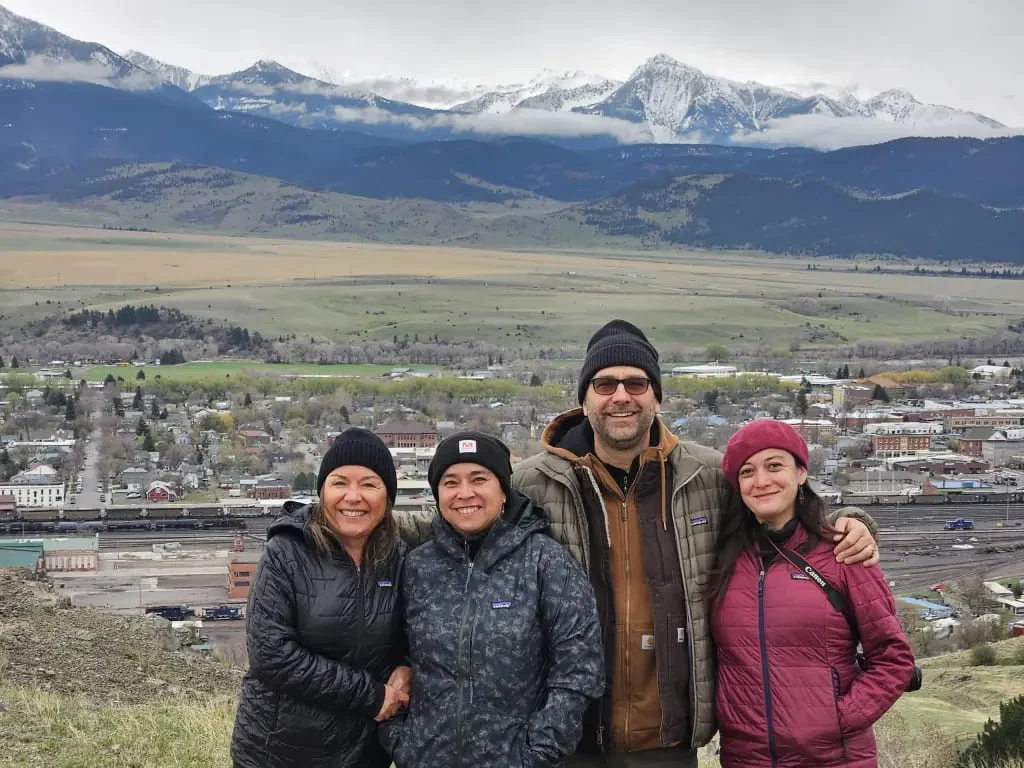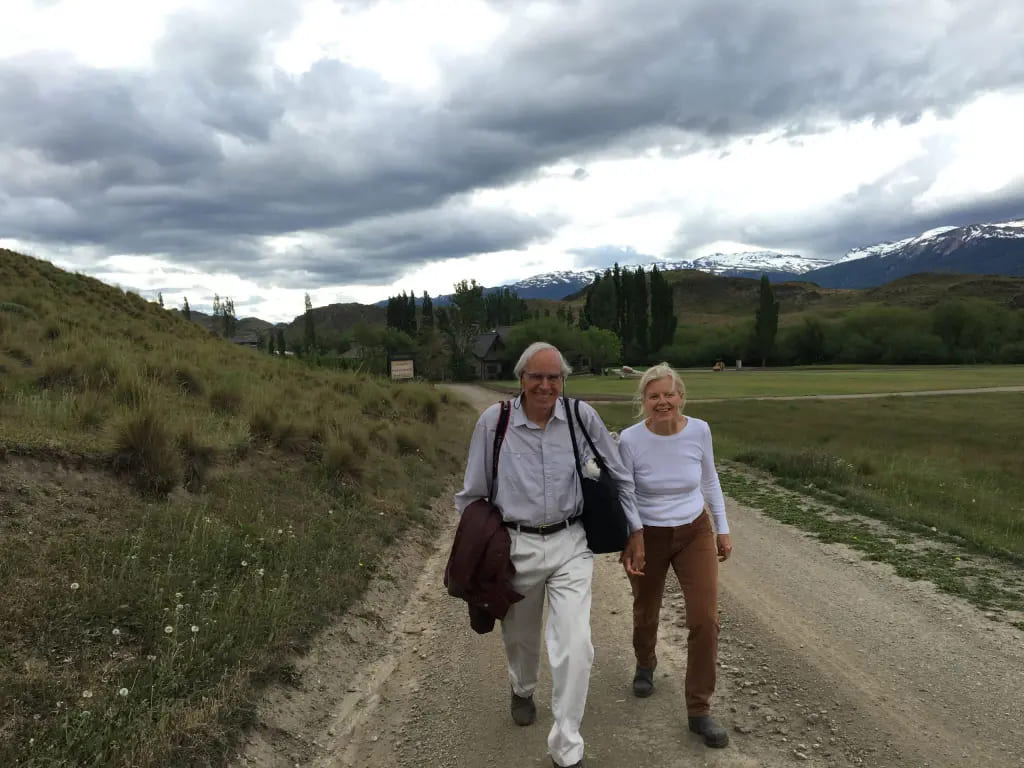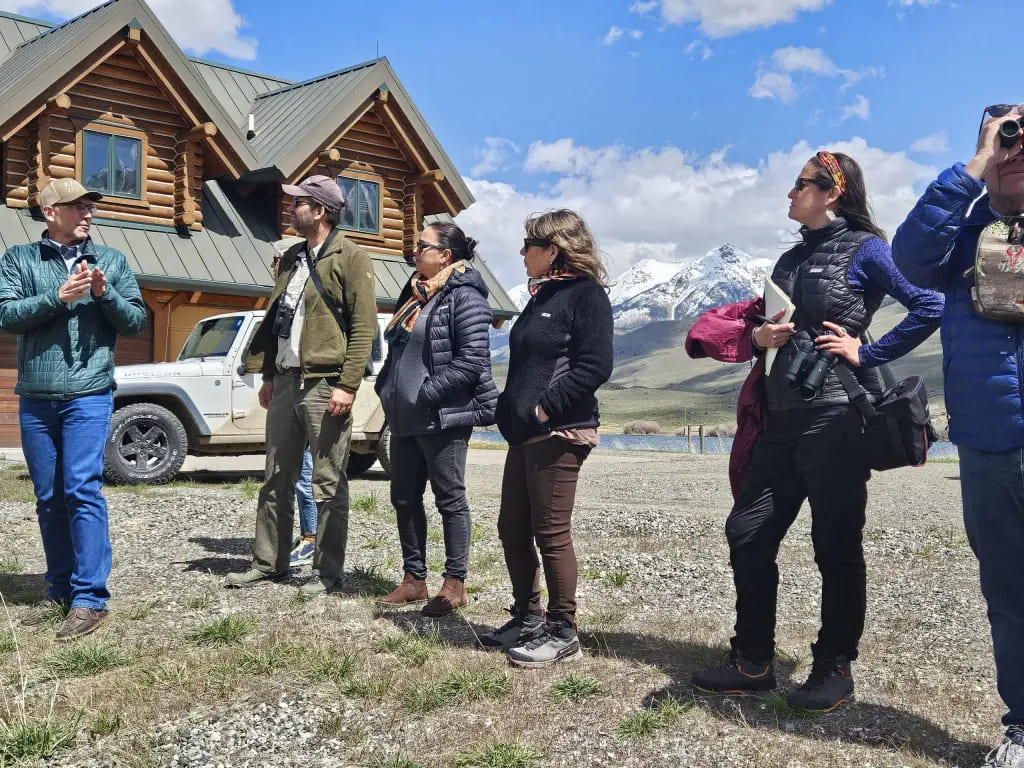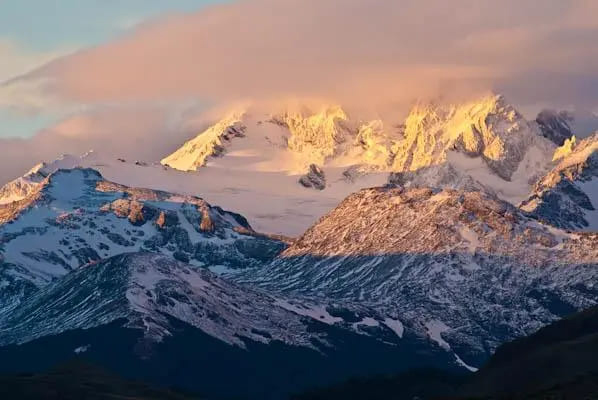
Rewilding Chile–Creating A World Class Park System | Travel News
In mid-May, four members of Rewilding Chile had the pleasant pleasure of visiting Yellowstone National Park. The group consisted of Executive Director Carolina Morgado, Conservation Director Ingrid Espinoza, Wildlife Director Cristian Saucedo, and Marcela Quiroz, who works with Stewardship Partnerships.
Rewilding Chile's mission, led by these representatives, aims at promoting planetary health through a comprehensive conservation strategy in the Route of Parks of Patagonia. This strategy involves creating national parks and marine protected areas, restoring wildlife and ecosystems, and strengthening the bond between local communities and nature.
For these individuals, it was their first trip to Yellowstone. Their roles in creating Chilean national parks motivated them to explore Yellowstone as a model and inspiration for global national park initiatives.
All four representatives are long-time employees of Tompkins Conservation Chile.
Named after Doug and Kris Tompkins, Tompkins Conservation has contributed to creating and expanding 10 national parks in Chile (and several in Argentina). Doug Tompkins viewed park creation as a personal debt to the planet.

Doug first visited Patagonia as a teenager to climb mountains and returned many times throughout his life. After business successes, including founding the North Face and Esprit, he shifted his focus to conservation after becoming disenchanted with commercial success.
Retreating to Chile, he recognized a significant conservation opportunity in Patagonia, acquiring land to restore and donate to national parks. Kris Tompkins, former CEO of Patagonia, joined him in this effort and became his wife. Doug passed away in 2015 in a kayaking accident in Chile, but Kris continues their conservation work. Rewilding Chile is currently establishing the 231,000-acre Cape Froward National Park near Punta Arenas on the Strait of Magellan.
Chile has protected 29 million acres of Chilean Patagonia, covering approximately 91% of the country’s park land area. For perspective, Yellowstone spans 2.2 million acres, while Virginia covers 27 million acres.
Doug Tompkins’ brainchild, the Route of the Parks, aims to create a continuous string of protected landscapes supporting wildlife movement and ecological processes.
During their Yellowstone visit, besides enjoying wildlife and geological features, they learned about the park’s history and regional conservation efforts, including the Greater Yellowstone Ecosystem concept and proposals to expand Yellowstone to encompass the entire ecosystem.
Fortunate to meet with Park Superintendent Cam Sholly, they gained insights into Yellowstone’s challenges, such as wolf and bison management and coping with increased visitation. Similar issues are faced in Patagonia, where ranchers near parks oppose the growing puma population, mirroring opposition to wolves in Greater Yellowstone.
Sholly highlighted that congestion at sites like Old Faithful or Grand Canyon of the Yellowstone partly results from infrastructure developed in the horse and buggy era. Today, the Park Service promotes visitor facilities outside the parks. Remarkably, only 6,000 acres, or 0.23% of Yellowstone’s 2.2 million acres, are developed despite high visitor numbers.

While Rewilding Chile focuses on national parks, they recognize the conservation value of private lands, as observed during their visit to Montana and discussions with representatives of the American Prairie Reserve and ranch owner Author Blank in Paradise Valley, north of Yellowstone.
One takeaway from this experience is the global influence and inspiration of the Yellowstone National Park model. US national parks have international appeal, representing significant efforts to preserve wildlands. Conversely, Chile’s conservation efforts offer valuable lessons. With 9% of Chilean Patagonia protected, the US should aspire to similar conservation goals, such as proposals for a Greater Yellowstone National Park.

Parks and wilderness are the gold standard for conservation, and the US has much to do in fully realizing this. Michael Kellett and colleagues argue in their article for the creation of more national parks in the United States.
Chile and the Tompkinses have gifted the world a world-class Patagonian park system. Rewilding Chile will continue expanding and furthering the goal of preserving the country’s natural heritage.
